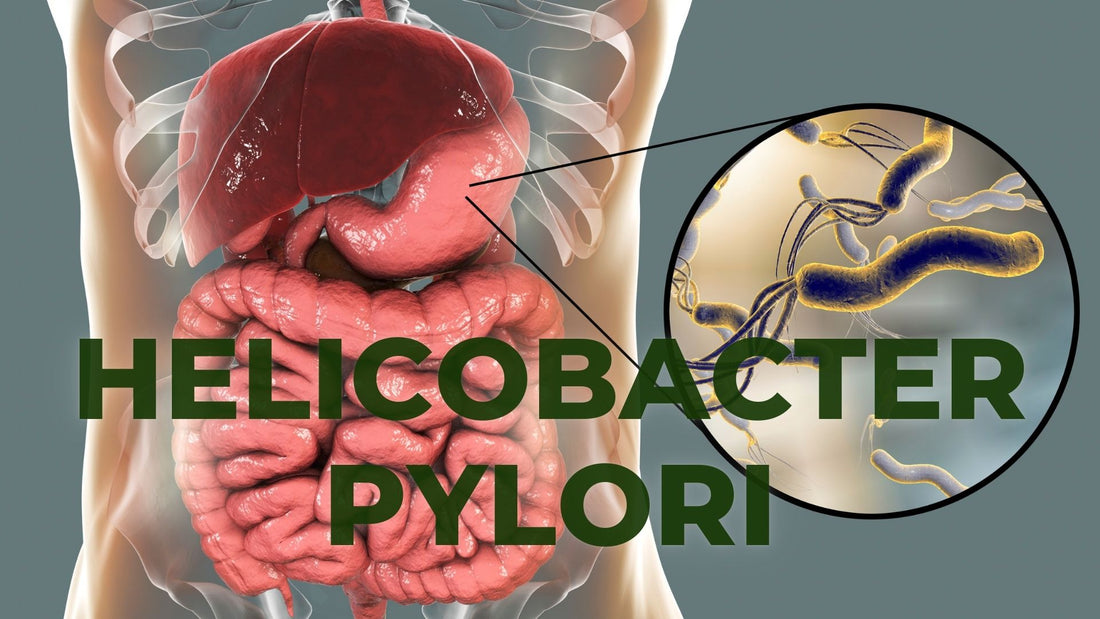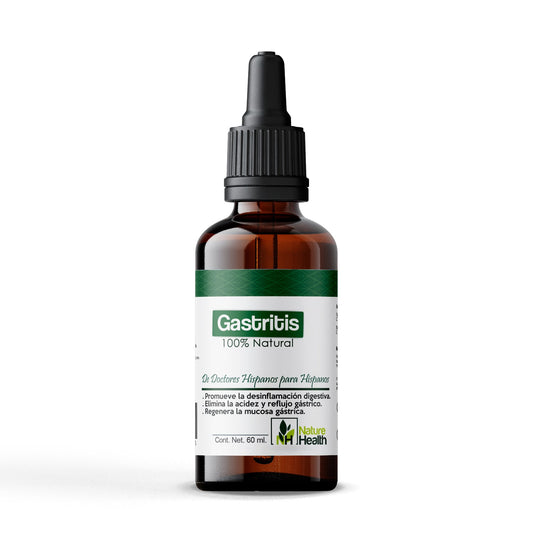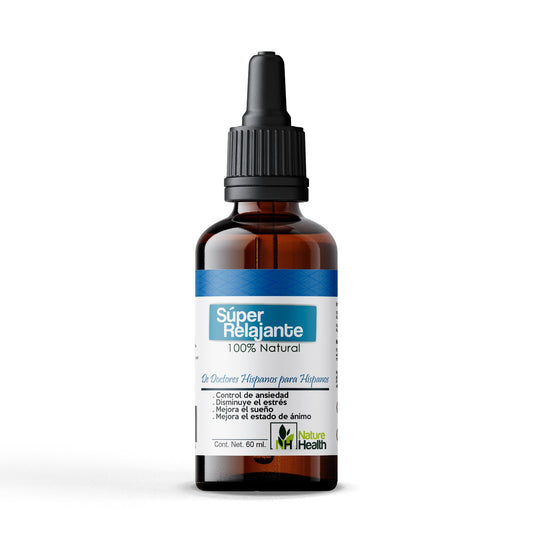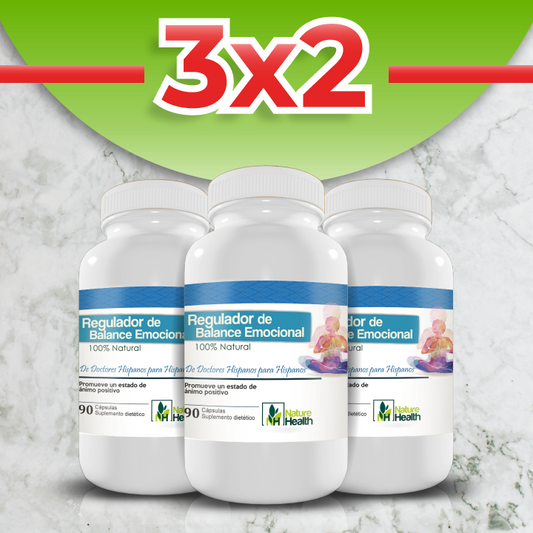Have you been feeling uncomfortable lately? Do you experience persistent stomach discomfort? It could be that Helicobacter pylori is wreaking havoc on your digestive system. This small but powerful microorganism can cause a series of unpleasant symptoms that could affect your quality of life. Here are five warning signs that could indicate the presence of this bacteria in your body, plus an extra bonus you shouldn't overlook.
- Abdominal Pain or Discomfort : One of the most common symptoms associated with Helicobacter pylori is abdominal pain, which can range from mild to severe. This pain is often felt in the upper abdomen and may worsen after eating.
- Heartburn and Acid Reflux : Many people with Helicobacter pylori experience frequent heartburn and acid reflux. This is because the bacteria can weaken the protective layer of the stomach lining, allowing stomach acids to irritate the esophagus.
- Bloating and Feeling of Fullness : The presence of Helicobacter pylori in the stomach can cause abdominal bloating and a feeling of fullness even after eating small amounts of food. This can make it difficult to eat properly and lead to unwanted weight loss.
- Nausea and Vomiting : Nausea and vomiting are common symptoms of Helicobacter pylori infection. These symptoms can occur after meals or even for no apparent reason, which can significantly affect your quality of life.
- Fatigue and Weakness : Helicobacter pylori infection can cause fatigue and weakness as the body works to combat the invading bacteria. If you constantly feel tired for no apparent reason, it could be a sign that you need to get checked for the presence of this bacteria.
Extra Sign: Digestive Bleeding : Sometimes Helicobacter pylori can cause ulcers in the stomach or small intestine. If you experience digestive bleeding, which may manifest as dark or bloody stools, it is crucial to seek medical attention immediately, as this can be a sign of serious complications.
If you experience any of these symptoms persistently, it is important to see a doctor for an accurate diagnosis and appropriate treatment. Helicobacter pylori infection can be successfully treated with antibiotics and other medications, but it is essential to address it as soon as possible to prevent long-term complications. Remember, your digestive health is crucial to your overall well-being, so don't ignore these warning signs.







